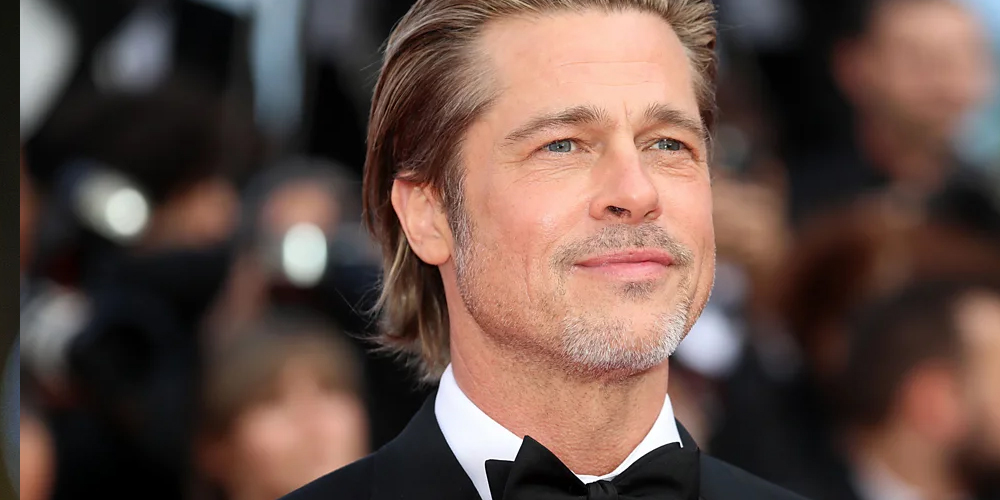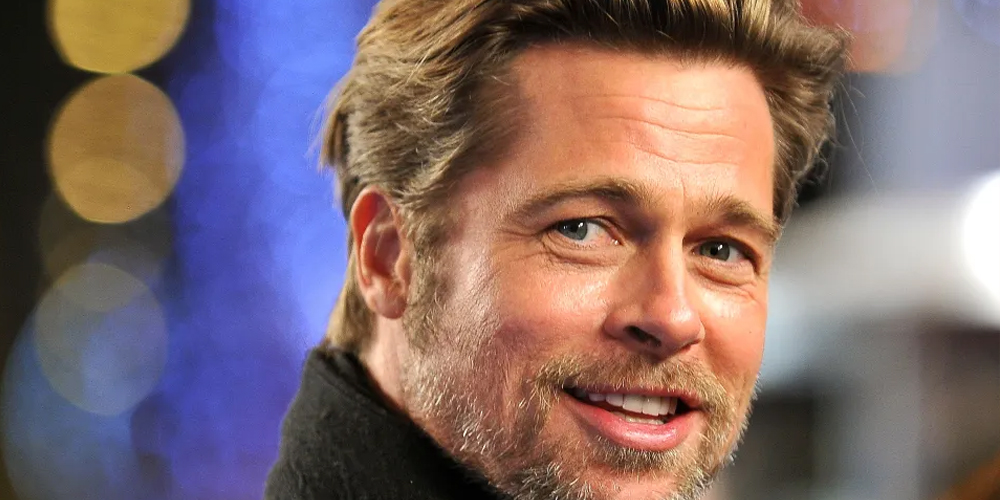The Evolution of Brad Pitt: From Heartthrob to Acclaimed Actor
Brad Pitt has undergone a remarkable transformation throughout his career, evolving from a youthful heartthrob to a deeply respected actor. His journey is not just about fame; it is a tale of hard work, reinvention, and dedication. This article delves into his evolution, highlighting significant moments and achievements that define his career.
Early Career and Rise to Fame
Born on December 18, 1963, in Shawnee, Oklahoma, Brad Pitt grew up in a modest household. He attended the University of Missouri, where he earned a degree in journalism and advertising. After college, he moved to Los Angeles to pursue his dream of acting. Initially, he faced struggles like many aspiring actors. However, he remained determined to succeed.
Pitt’s early roles were modest. He appeared in TV shows such as Dallas and Growing Pains, but it was his role in Thelma & Louise (1991) that changed everything. He portrayed J.D., a charming drifter who caught the attention of audiences and critics alike. This performance established him as a leading man and launched his career into high gear.
Breakthrough Role in the 1990s
Following his breakthrough in Thelma & Louise, Pitt starred in several significant films, including A River Runs Through It (1992) and Legends of the Fall (1994). In Legends of the Fall, he played Tristan Ludlow, a passionate character caught in a love triangle. This role showcased his acting range and solidified his status as a heartthrob.
The mid-1990s saw Pitt continue to take on diverse roles. His performance in Se7en (1995) was particularly noteworthy. He starred alongside Morgan Freeman as a detective hunting a serial killer. This gritty role demonstrated his ability to handle darker, more complex material, breaking the mold of the typical romantic hero.
Defining Moments in the Late 1990s
The release of Fight Club in 1999 marked a significant turning point in Pitt’s career. Based on Chuck Palahniuk’s novel, the film explored themes of masculinity, consumerism, and identity. Pitt’s portrayal of Tyler Durden, a charismatic yet nihilistic figure, resonated with audiences. The film became a cultural phenomenon, and Pitt’s performance earned him critical acclaim.
Fight Club challenged traditional notions of masculinity and consumer culture. It resonated with a generation disillusioned by societal norms. Pitt’s transformation into Tyler Durden symbolized rebellion, making him an icon of counterculture. The film’s themes and his role within it significantly altered public perception of him as an actor.
Exploring New Dimensions
In the early 2000s, Pitt continued to diversify his roles. He starred in Ocean’s Eleven (2001), a heist film that showcased his charisma and comedic timing. His portrayal of Rusty Ryan highlighted his ability to balance action and humor. The film was a commercial success, leading to sequels that further cemented his star power.
Additionally, Pitt’s collaboration with acclaimed directors marked a new chapter in his career. His partnership with **director** Quentin Tarantino in Inglourious Basterds (2009) was a pivotal moment. Pitt’s portrayal of Lt. Aldo Raine, a leader of a group of Nazi hunters, was both humorous and intense. This role showcased his growth as an actor and earned him critical acclaim.

The 2010s: Recognition and Awards
In 2014, Brad Pitt took on the role of a producer and star in 12 Years a Slave. The film received widespread acclaim and won the Academy Award for Best Picture. Pitt’s involvement demonstrated his commitment to meaningful storytelling. He sought to bring attention to important historical narratives, and his performance in the film garnered praise.
Following this success, Pitt starred in films such as Fury (2014) and Allied (2016), where he continued to showcase his versatility. Each role allowed him to explore different aspects of the human experience, from war to romance. His ability to embody complex characters solidified his reputation as a serious actor.
Once Upon a Time in Hollywood
In 2019, Pitt starred in Once Upon a Time in Hollywood, directed by Quentin Tarantino. His portrayal of Cliff Booth, a stuntman navigating the changing landscape of Hollywood in the late 1960s, earned him widespread acclaim. The film received critical praise, and Pitt’s performance was hailed as one of the best of his career.
His role in Once Upon a Time in Hollywood won him the Academy Award for Best Supporting Actor, marking a significant achievement in his career. This award was a testament to his evolution from a youthful heartthrob to an acclaimed performer recognized for his talent and dedication.
Personal Growth and Philanthropy
Beyond his film career, Brad Pitt has focused on personal growth. He has been open about his struggles with mental health and addiction, demonstrating vulnerability in a way that resonates with many. His journey toward healing has inspired others facing similar challenges.
Pitt is also committed to philanthropy. He has supported various causes, including disaster relief and housing initiatives. His efforts to rebuild New Orleans after Hurricane Katrina exemplify his dedication to making a positive impact. Through the Make It Right Foundation, he aimed to provide affordable, sustainable housing for those affected by the disaster.
Continued Influence in Hollywood
Brad Pitt remains a significant figure in the film industry. His ability to adapt and evolve is admirable. As he continues to take on challenging roles, his impact will undoubtedly endure. He has become a mentor for younger actors, sharing his insights and experiences to help them navigate the complexities of Hollywood.
Additionally, Pitt has ventured into producing films that highlight important social issues. His production company, Plan B Entertainment, has been behind numerous critically acclaimed projects. These include Moonlight (2016), which won the Academy Award for Best Picture, and The Big Short (2015), which addressed the financial crisis. Through these endeavors, he continues to push for meaningful narratives in cinema.
Legacy and Future Endeavors
As Brad Pitt looks toward the future, his legacy in Hollywood is already well established. His journey from a heartthrob to an acclaimed actor is a testament to his dedication and resilience. He has consistently sought roles that challenge him, allowing him to grow as an artist.
In the coming years, Pitt plans to continue his acting career while expanding his work as a producer. He remains passionate about telling stories that matter. His commitment to philanthropy and personal growth further enhances his legacy.
Conclusion: A Lasting Legacy
Brad Pitt’s evolution from heartthrob to acclaimed actor is a remarkable story of resilience and reinvention. His career is marked by diverse roles, critical acclaim, and a dedication to meaningful storytelling. As he continues to take on new challenges, his legacy in Hollywood will be remembered for years to come. Brad Pitt is not just a star; he is a testament to the power of passion and the art of acting.



